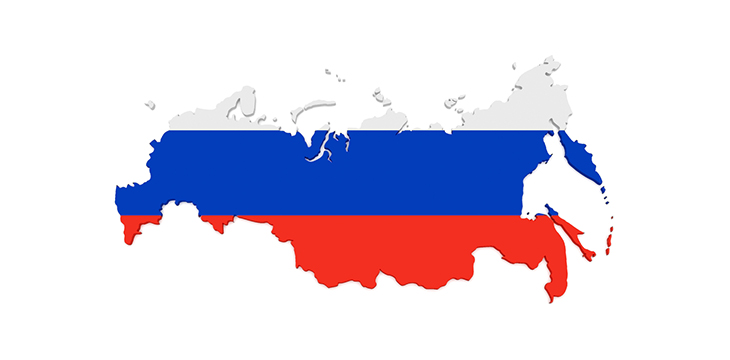|
Getting your Trinity Audio player ready...
|
Russia is looking to become the first country to deploy digital currencies for cross-border payments within a legal framework. The intention to turn to virtual assets as a settlement for international transactions comes from Prime Minister Mikhail Mishustin’s statement at a strategic session with regulators at the end of August.
In his speech, Mishustin stated that Russia’s financial system requires a total overhaul given the present circumstances the economy faces. Russia has been embroiled in a war with Ukraine since February and slammed with harsh economic sanctions, stifling its ability to process international payments.
The main focus of Mishustin’s statement is on digital assets as he asked regulators to explore their use for the “uninterrupted payment for the supply of goods from abroad and for export.”
By December 19, the Ministry of Finance, together with the Bank of Russia, Rosfinmonitoring, the Federal Tax Service, and the FSB, must develop an agreed position on draft federal laws that would regulate the issuance, organization of issuance, and circulation of digital currencies in international settlements.
The plan to use virtual currencies for international payments while banning their usage locally might pose a unique challenge for Russian regulators. The country’s Digital Financial Assets law prohibited using digital assets as currency but did not impose a ban on their use for trading and mining.
“It is absolutely unclear at the moment,” said Maria Agranovskaya, a Russian-based fintech expert. “I presume the matter shall be in line with the currency control regulations – tax residents in the local territory would not be allowed to use crypto for payments internally.”
Last week, the country’s deputy Finance Minister Alexei Moiseev disclosed that the Ministry of Finance was experimenting with virtual currencies for cross-border payments, saying “that the situation has changed.”
Thinking outside the box
After Russia was given sanctions by the Western powers, there was significant chatter that the nation would turn to digital assets to evade sanctions. Virtual currency exchanges were ordered to seize operations in the country and report activities of addresses suspected of moving funds on behalf of sanctioned entities.
Although against the principles of decentralization, the exchanges had little choice but to comply with the sanctions. However, analysts have claimed that with the transparent nature of distributed ledgers, it is almost impossible for Russia to evade sanctions using digital assets.
“You can’t flip a switch overnight and run a G20 economy on cryptocurrency,” said Michael Mosier, former acting director of the Financial Crimes Enforcement Network (FinCEN). “There just isn’t the liquidity.”
Watch: The BSV Global Blockchain Convention panel, Law & Order: Regulatory Compliance for Blockchain & Digital Assets

 02-14-2026
02-14-2026 




